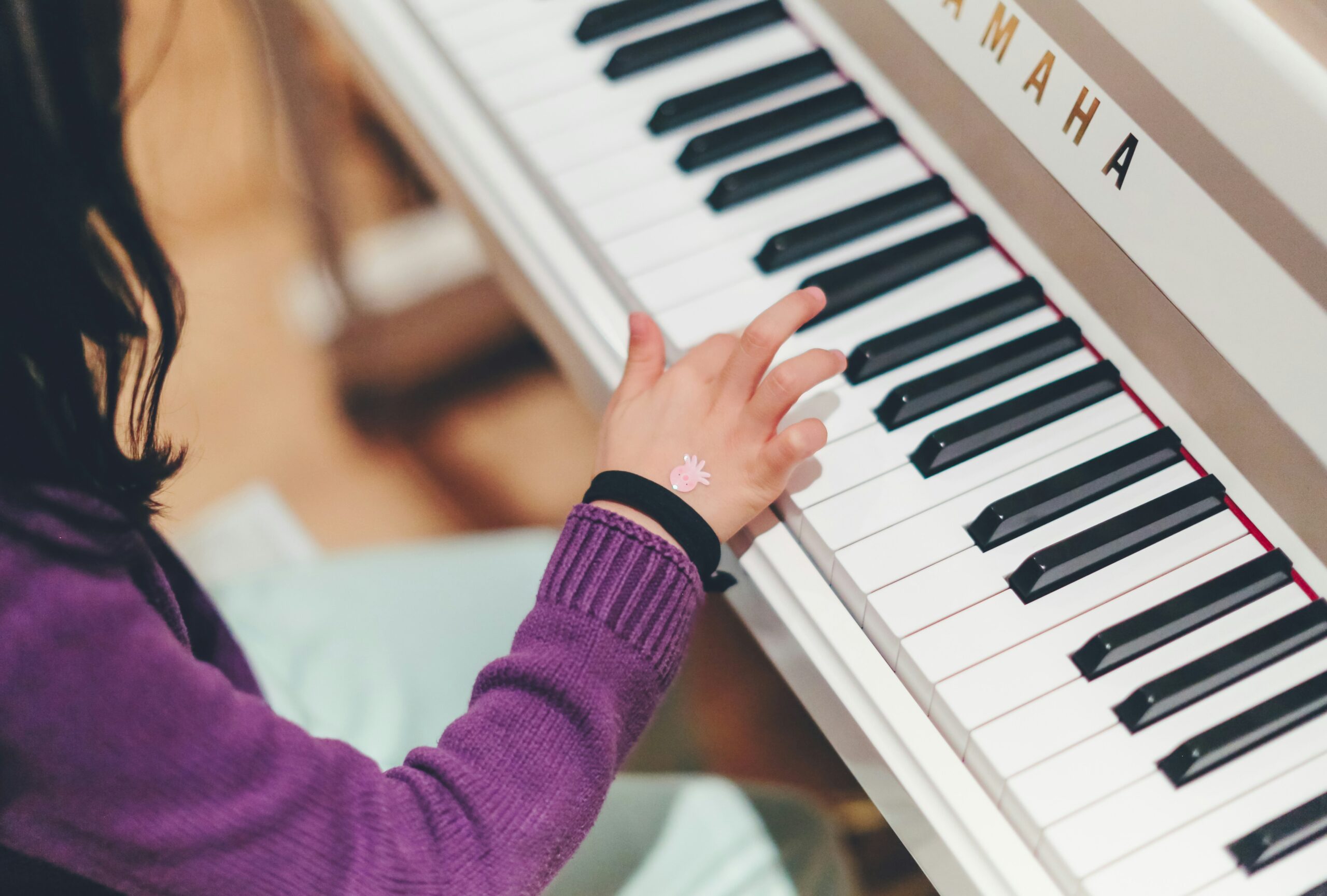
In the pursuit of nurturing well-rounded individuals, music education often takes a back seat to more traditional academic subjects. However, its impact on the developing mind is nothing short of revolutionary. In a world brimming with technological advances, where creativity and problem-solving skills are at a premium, the structured yet liberating environment of music lessons confers upon children an array of attributes that resonate far beyond the confines of the classroom.
The Symphony of Cognitive Development
Encouraging the mastery of an instrument sharpens not only musical acumen but also cognitive abilities. The very act of reading musical notations and playing an instrument primes the brain for spatial-temporal reasoning—a fundamental aspect of critical thinking and mathematics.
Indeed, the very structure of music, with its intricate patterns, lends itself to the development of stellar mathematical skills. A child proficient in parsing musical scores is often the same one excelling at noticing patterns, applying mathematical principles, and problem-solving.
The Crescendo of Confidence
Beyond the academic echelons, the confidence instilled by music lessons creates ripples into personal and social development. Learning to play an instrument is no small feat. It demands hours of practice, discipline, and resilience against failure. Each note played is a testament to the tenacity to conquer challenges.
This cultivation of grit translates into a young adult ready to take on the challenges of life. The confidence garnered through music education equips children with the tools to tackle problems creatively and to express themselves articulately, both in the artistic and professional spheres.
Harmony in Health and Emotional Well-being
The benefits of music education extend into the realm of health and emotional well-being. Participating in music lessons can lead to the prevention or easing of certain mental health issues, including anxiety and depression. The very act of playing or singing releases a cocktail of ‘feel-good’ neurotransmitters, making it a natural outlet for emotional expression and stress relief.
Physiologically, mastering a musical instrument also strengthens fine motor skills and increases coordination. For children with developmental delays or physical disabilities, music can be an invaluable tool in achieving greater mobility and autonomy.
Orchestrating Success in Later Life
Music lessons for children are more than an extracurricular activity; they are foundational in shaping the future leaders, innovators, and problem-solvers of the world. The transferable skills honed through music education are the same that cultivate an entrepreneurial spirit, preparedness for the rigors of advanced education, and the adaptability required in a rapidly changing world.
Seeing music as a conduit for academic, personal, and social growth reconceptualizes its place in our educational system. Instead of an optional pursuit, it should be heralded as a critical pillar, contributing to the holistic development of our children.
Striking a Chord for Progress
Undervaluing the multifaceted benefits of music education impedes the progress of our youth. When structured appropriately, these lessons are catalysts for cognitive advancement, personal growth, and a deep appreciation for the arts. For while we must prepare our children for the future, we must not forget that it is in the harmonies and melodies of the present that they will find meaning and the power to transform their reality.
In fostering a love for music among our young learners, you can invite them to partake in the grand symphony of the world, not as passive listeners but as active participants, shaping and enriching the cultural landscape of tomorrow. The sound of success is music, and it begins with that first chord, that initial note, that moment of unlocked potential in every child.


